The 4 things you need to succeed on the drums today!
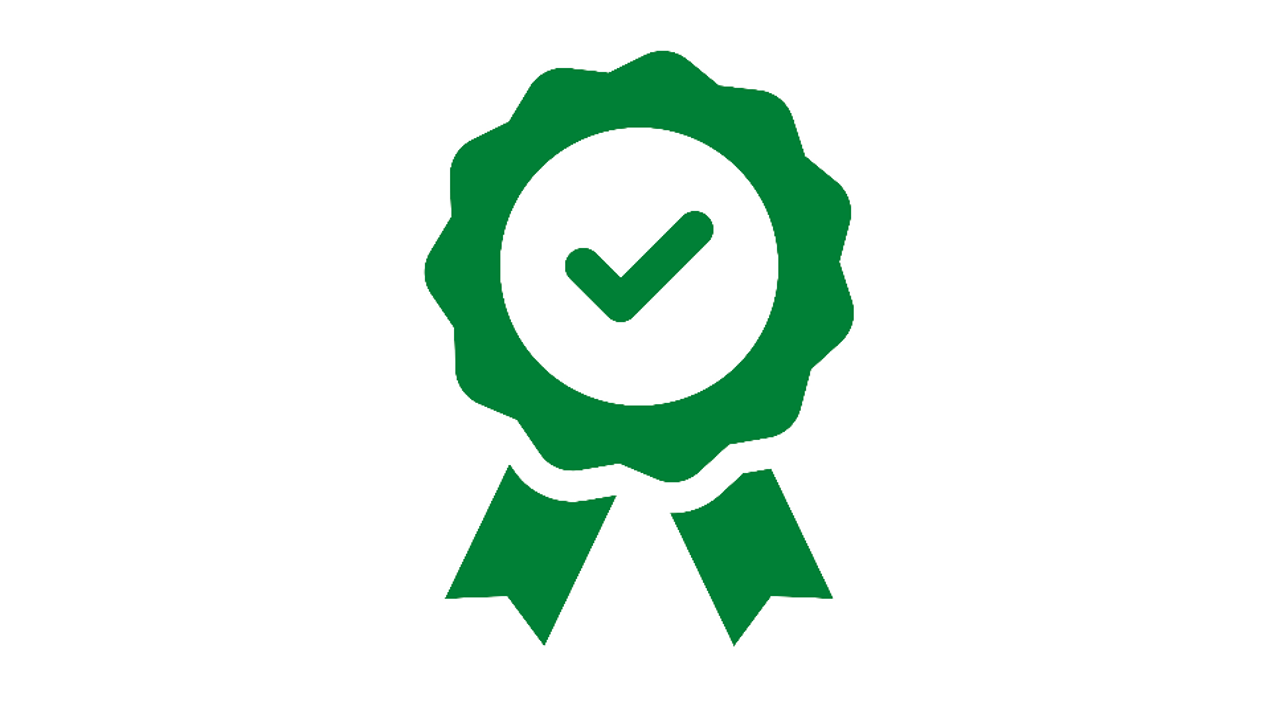
Why is it that some people get really good at certain things, and others don’t? I remember being in 8th grade and wanting so badly to get good at basketball, but I just never could. What were the other guys doing differently from me? They were all in better shape, more buff, and just seemed to understand the sport better. Even though I tried hard and even worked on my technique and my free throws, I just never became any good at it.
Then I got serious about drums in high school and quickly got way better at music than sports. Why did that happen? Why is it there are certain things we get good at quickly…and other things that just take forever?
Maybe you’re in that boat where you feel like learning drums is taking too long. You feel like you should have reached a more solid level of mastery by now, but time keeps ticking and you’re not sure you’ve grown as fast as you should have.
Well, in my personal opinion, there are 4 things that must be present in order to guarantee success at something. I say “my opinion” because I'm not a psychologist - but this is what I’ve seen to be true pretty much all the time. :)
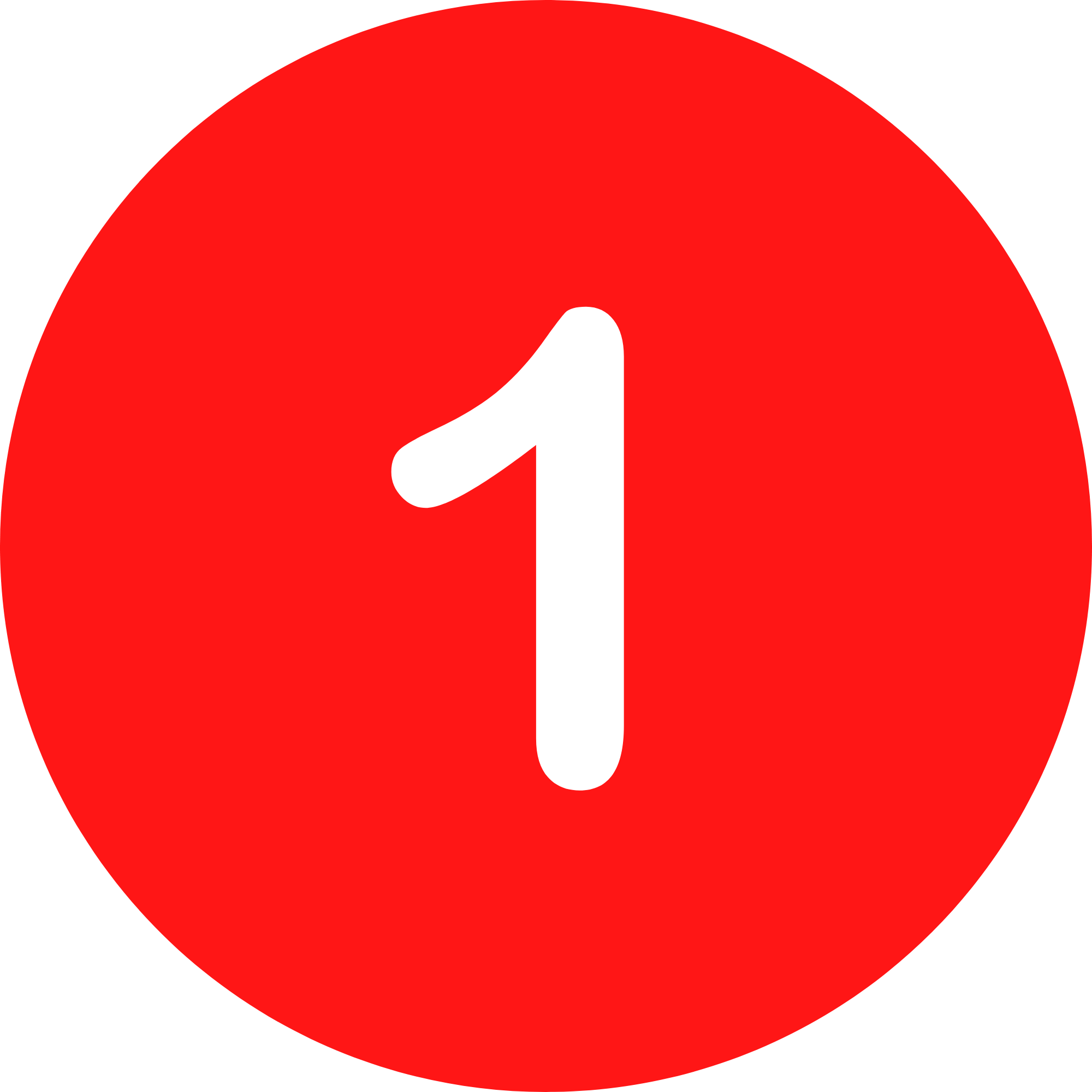
Curiosity
Be curious! Curiosity is what first got you into the drums in the first place. Maybe you saw a drummer playing live or on TV, and you immediately knew that was what you wanted to do. Maybe it all started with a favorite record you had as a kit. I bet you can pinpoint where that first spark of curiosity came from. Go back to that place, and remember why you started on the drums in the first place. What got you excited about the instrument? Was it a favorite song or a favorite record?
I think the best way to stay curious is to always be listening to music and checking out great drummers. Always be learning. That’s the simple answer for maintaining curiosity. Now if there’s zero curiosity, you’re probably trying to learn the wrong instrument and should go back to guitar. ;) But because you’re here reading this email, I know that you’ve got some curiosity.
Back to my 8th grade basketball year… My problem was that the only reason I wanted to be good at basketball was because my friends were good at it. I had no real curiosity and no real desire to learn. I wanted to be good at something so that I could be accepted by the “cool crowd.” Meanwhile I picked up drums because I loved the instrument and loved the role drums played in my favorite songs. I was soaking up every bit of information I could so that I could be a better musician because I enjoyed it so much. See the difference there?
ACTION STEP:
Remember what first got you interested in the drums, and revisit that. Find music you love and drummers you love who you can relate to. Dig that content and let it inspire you.
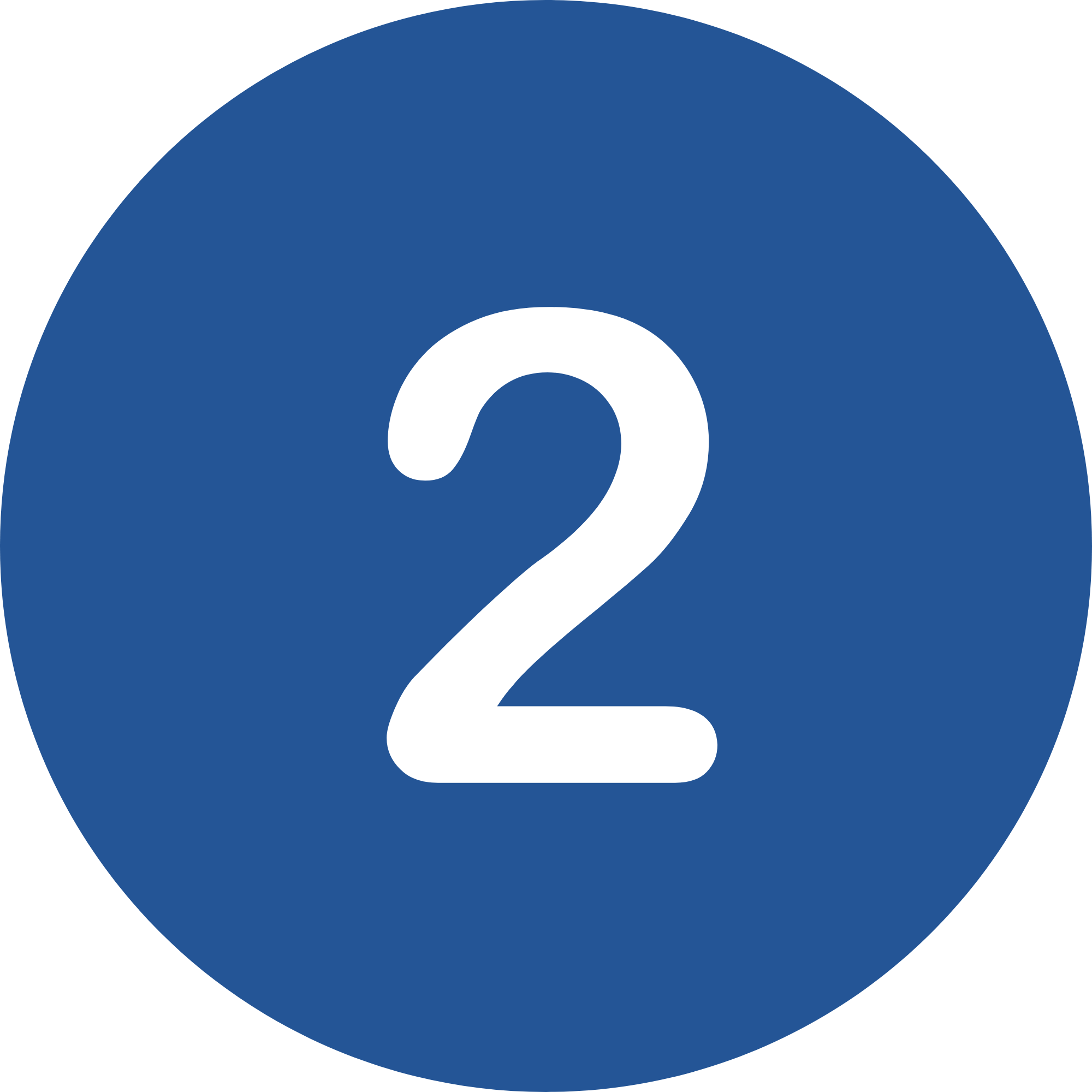
Great Resources
You can’t become great at something without a good resource from which to draw information. Obviously, the internet is a resource. But more specifically, what are your personal resources from which you gain knowledge and skills? The Non Glamorous Drummer is probably one of those - Just making that guess since you’re reading this email. :) But I bet there are other YouTube channels and other sites you follow too. You may have even enrolled in an online drumming membership or various online courses teaching you specific skills. Maybe you’re into method books, and you’ve enjoyed working through some of the classic methods like Stick Control or Syncopation.
Whatever your resources (or however many of them you have) try to stay focused and have one primary location where you do most of your learning. Information overload is a real thing, and the internet makes this all too easy. I say that knowing that I’m one of the thousands of drumming voices online, yet here I am telling you to narrow down how much you take in online! If you’re subscribed to a bunch of drummers’ channels and email lists, I’d recommend trimming things down. Just stick with one or two who you really resonate with. I hope you’re here right now because this channel and this Non Glamorous resource is the perfect fit for you. But if for whatever reason it’s not, I won’t take offense to you narrowing your resources. :)
As you might have guessed, I had no real resources for getting better at basketball. I was too busy worrying about not being good enough to actually seek out a good source of learning. Meanwhile with drums I sought out books, listened to a bunch of music, and found websites teaching how to read drum notation. Naturally I quickly gained much more insight into drumming than I did into basketball!
ACTION STEP:
Prune your resources if you have too many. But if you’re looking for some, start here with my "pre-pruned" personal list:
- Vic Firth's drumset performance spotlight series. I probably watched every one of these as they were coming out when I was in college. This is a great way to check out some great drummers with great video and high quality audio. Scroll down to the drumset performance playlists, because there are several.
- Allmusic.com. This is where you can pull up the album credits for pretty much any record you find yourself listening to. It's like going back to the good ol' days when you could see the credits on the CD or cassette booklet. This is a great way to keep track of what records your favorite drummers are playing on.
- Syncopation by Ted Reed & Stick Control by George Lawrence Stone. For tips on how to use these classic, legendary method books, check out these two recent videos on the channel. (How to use Syncopation) (How to use Stick Control)
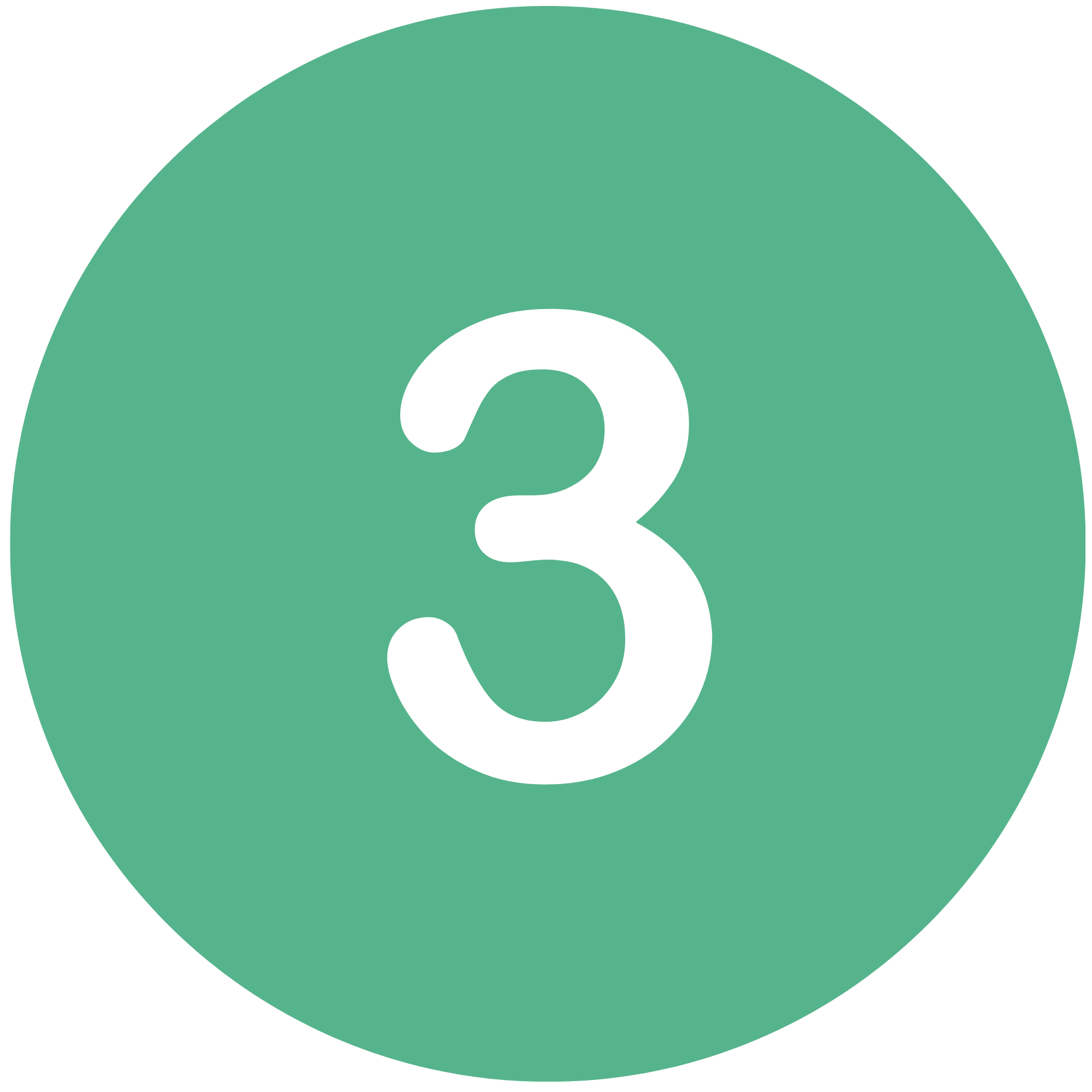
Work Ethic / Discipline
This is where the rubber meets the road when it comes to any skill. Simply put, you have to put in the work to get better at something. Without dedicating significant time, you’ll never master a skill. You have to make the decision to get better at the drums, then take action to make it happen. Let’s say you have the curiosity, and you have the right resource in front of you. The next big piece of the puzzle is implementing what you’re learning and actually practicing it. No one can do this for you.
I would define work ethic & discipline like this: “Dedicating your time and energy to accomplish a task well - even if you don’t feel like doing it.” The first step to practicing is simply showing up. You have to show up to your practice space and allot a specific block of time to getting better at the drums. This may take sacrifice. You might have to sacrifice half an hour of Netflix in order to spend a little time on your pad. But 30 minutes a day is very achievable, and it’s hard to legitimately excuse your way out of that bite-sized time commitment - especially if we’re talking pad practice.
As for my basketball playing… I did put in little bits of work here and there, but I didn’t do much during the time in-between practice and games. I tried hard at practice and at games, but my lack of practice at home really showed. Putting in the work would have meant working out, running, practicing ball-handling, watching NBA games and favorite players perform, etc. I really wasn’t doing any of those things. Meanwhile I was eagerly spending hours of my high school free time practicing drums every afternoon (and every morning during the summer). I sacrificed the social life a lot of my friends had so that I could be holed up in my room practicing all the time. As an introvert, though, I enjoyed it. This kind of mindset does get you results!
ACTION STEP:
Dedicate 30 minutes a day for practicing, and aim for at least 4-5 days a week. If you’re not sure how to organize your practice time, check out this free guide that breaks it all down in detail.
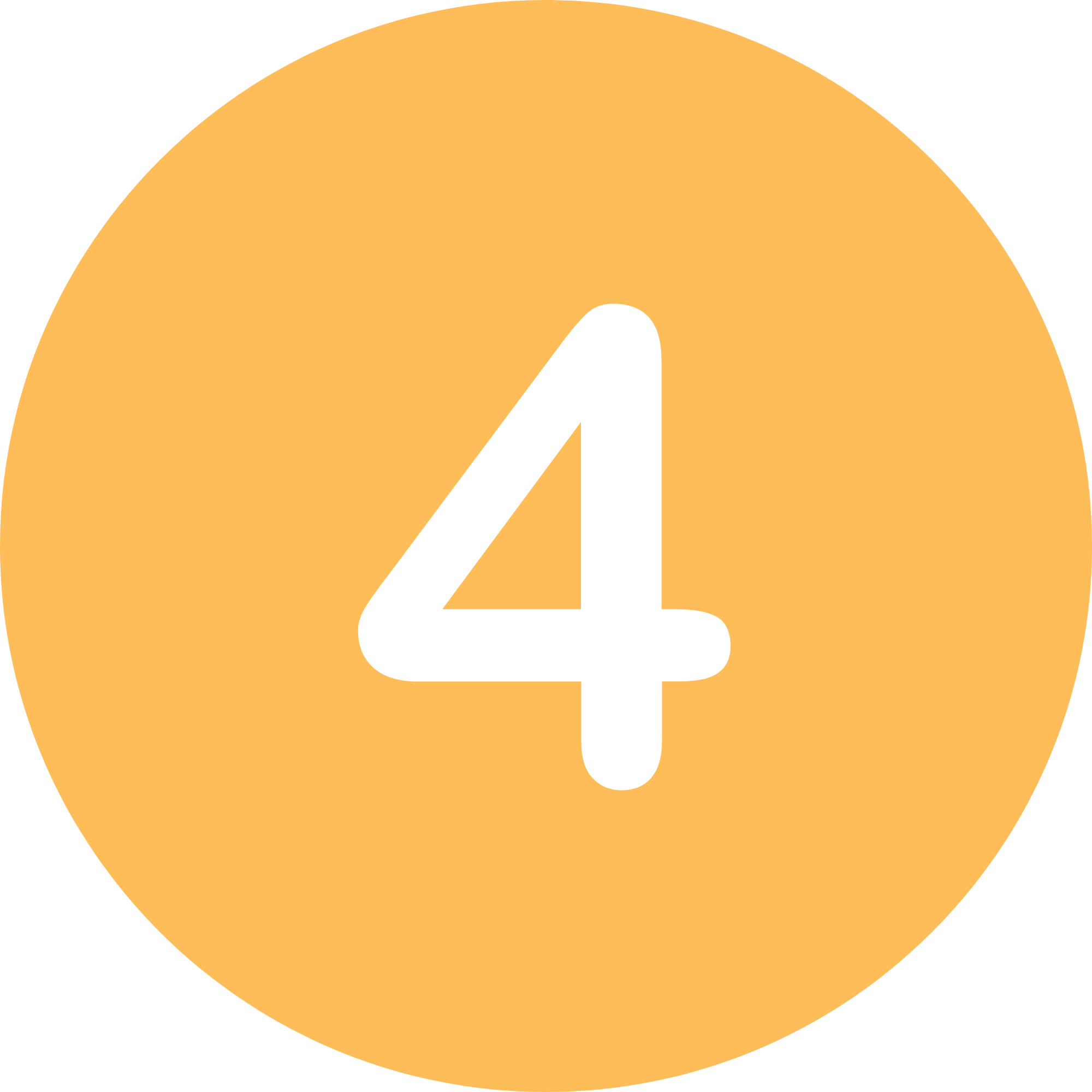
Good Teacher or Mentor
Having a good teacher or mentor can determine whether or not you master something in 6 months or in 6 years. Having someone with a keen eye and ear to evaluate you in whatever you’re learning is extremely helpful. Now there are countless famous drummers who were self taught. BUT… They were all still influenced by someone else. Maybe they didn’t take lessons, but they still learned from someone specifically and likely wouldn’t be who they are today without that someone.
You can become a great drummer without ever taking lessons. But you absolutely must find someone you want to learn from. This can be an online teacher or it could just be a favorite drummer you love. I personally have had several favorite drummers who I’ve learned a lot from. I haven’t met them all in person and talked to them face to face, but by listening to their music and listening to their interviews and by checking out every video they’ve ever put out, I feel like they’ve been “drumming mentors” to me in a way.
I took traditional lessons from several great teachers through high school and college, and those teachers played a tremendous role in my development as a drummer. I learned mostly technical skills from those teachers early on, then learned a lot of musical and life skills from drummers I’d consider to be mentors later on.
I don’t at all mean to harp on you if you haven’t taken lessons, because I completely understand how difficult that can be depending on where you live - and especially during COVID. When you find a great resource online, that can in a way be your teacher. I believe that you ultimately can’t beat one-on-one instruction, but you can at least glean a lot of information from a drummer you’re a fan of who you feel you can learn a lot from.
As for my middle school basketball career - You guessed it! No teacher or mentor, though I guess you could call the coach that. My coach wasn’t bad, he just wasn’t someone I was able to learn much from at the time.
ACTION STEP:
Seek out someone you can learn from, whether it’s a traditional teacher or someone who takes on more of a mentor, coaching role. At least find a favorite drummer who really inspires you (back to the curiosity point!) and see what you can learn from them online. A lot of great drummers have done collaborations with various websites or YouTube channels, and you can often find very informative and enlightening interviews.
I hope all this is clear and makes sense to you. If these 4 things are present, you will grow - no doubt about it! But if anything is missing, you might not reach your goals as quickly as you’d like. At least don’t be like me with basketball, where none of the four things were present!
Stay curious, stick to a solid resource for learning, work hard and be consistent in your practicing, and find a good teacher or favorite drummer to learn from. YOU CAN DO THIS!
And don’t forget to stay non glamorous.
Stephen


